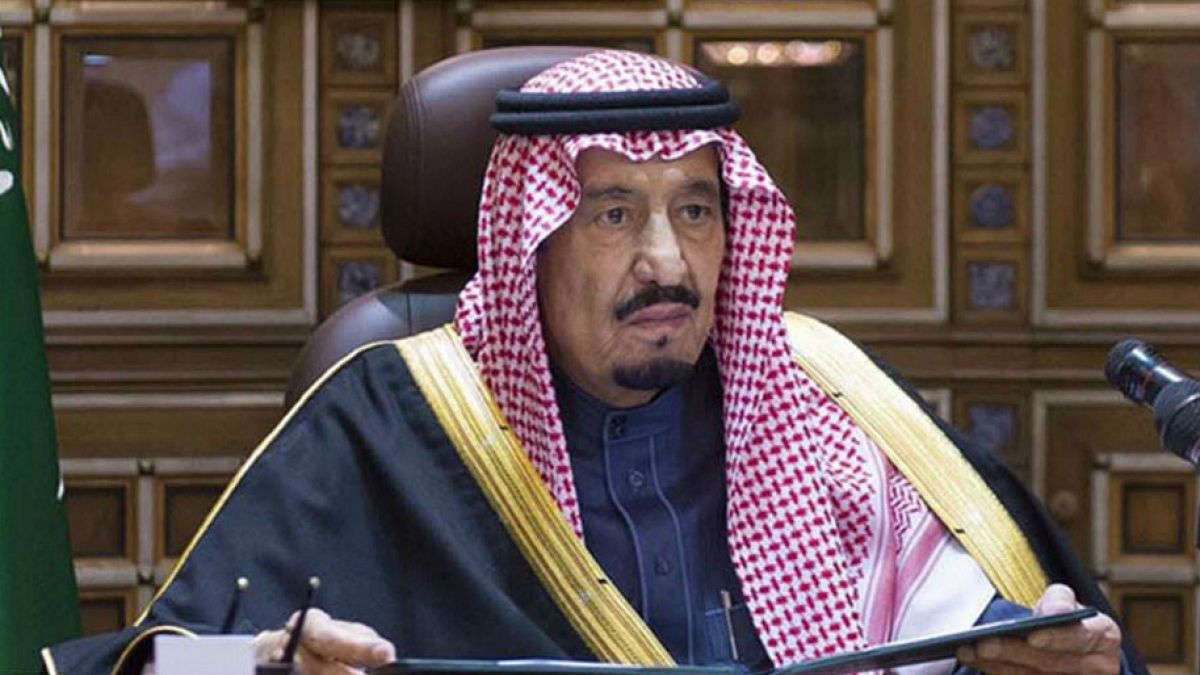Will King Abdullah’s death change anything in his kingdom and in Saudi Arabia’s relations with the West? Dr. Riad Muasses, head of euronews’ Arabic team gives his insight on these issues.
What does King Abdullah’s death mean for the kingdom of Saudi Arabia?
For the Saud family, this is just the death of one of the sons of Abdulaziz ibn Saud, the founder of the Saud dynasty. It represents nothing more, nothing less. In this family, power goes from brother to brother, in order of age. Now, power is handed to the 6th brother of the so-called Sudairi line. King Abdulaziz, who had more than 40 children, had 7 sons from his favourite wife Hassa, who belonged to the Sudairi family. King Abdullah was the son of another woman but with his death, power comes back to the Sudairi line of princes.
Prince Salman bin Abdulaziz al-Saud is the new king. Who is he? What will be different in Saudi Arabia, now that he has taken power?
Salman was the heir prince; he already held an important position. Practically he was already ruling, since Abdullah was quite ill towards the end of his life. So we cannot talk about an important change in the ruling family, rather of a situation that has been formalised. Salman becomes king but he already was a “de facto” king.
Will Saudi Arabia’s relations with the West change? Will this transition of power impact the situation in the Middle East?
I personally think nothing will change in these respects. The al-Saud family has always been an ally of the West. They cannot change this policy of alliance which goes back practically 80 years.
The same goes for the impact in the Middle East. There will be a continuity of Saudi politics in the region. Saudi Arabia has faced an important terrorist threat ever since Bin Laden found his notoriety . Now, the Islamic State represents a new threat to the Kingdom. Then, of course, Saudi Arabia still faces the growing influence of Iranians in the region. But most of all, the Saudis are very upset and threatened by what is happening in Yemen, where the Shia community, led by al-Huthine, has taken power in Sanaa.
Do you think the new king will launch reforms on civil rights in the country? For example, will women have the right to drive?
The al-Saud family is already much more open than the Wahhabi religious establishment of their kingdom. The al-Saud princes have tried to open up their social policies, mainly through their media actions. Let’s remember that they have created Al-Arabiya and before Al-Arabiya the MBC Channel.
But religious influence inside Saudi Arabia is very strong and the al-Saud family cannot go against it; opposing it would mean breaking up the alliance sealed by the Wahhabis and Abdulaziz ibn Saud, the founder of the Saudi Kingdom. And breaking up this alliance would signal the end of the rule of the al-Saud family.
So when it comes to reforms, the ruling family must go slowly, with a step-by-step approach.
As for the religious establishment, it is categorically against giving more rights to women. They do not want women to drive in Saudi Arabia.
Can this transition lead to a possible succession crisis in Saudi Arabia?
No, I don’t think so. The power structure in Saudi Arabia is a traditional one, mainly a tribal one. Tribal allegiance is the rule. The al-Saud family belongs to the al-Eneza tribe, to whom the other tribes of the kingdom have pledged strong allegiance. Also, the al-Saud family is connected, through marriage, with the other tribes. All these tribal and family connections support the strong power position of the al-Saud family.
